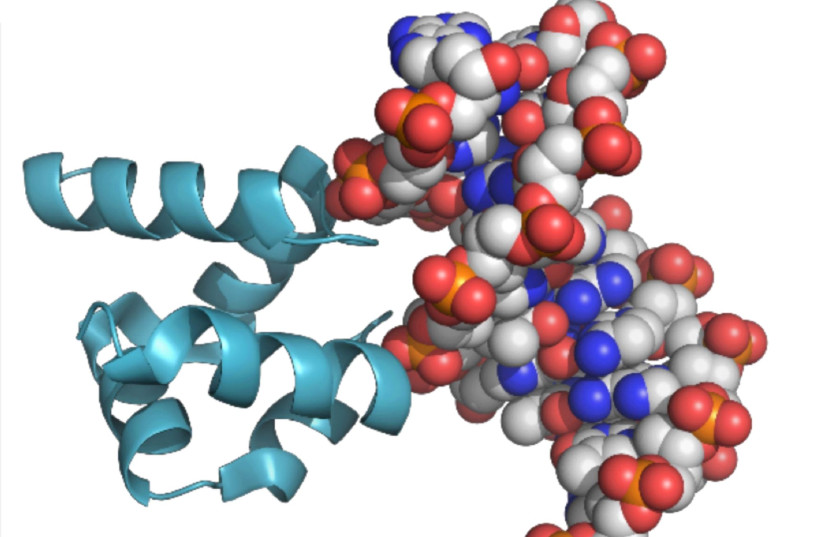Although only around five out of every 100,000 people suffer from blood cancer, the disease is among the most serious and deadly.
An estimated 68,000 people die from blood cancer each year in the United States alone, according to the Leukemia Research Foundation. The statistics in Israel are unknown.
But new and innovative treatments are being explored, according to Dr. Martin Ellis, Chairman of the Israel Society of Hematology and Transfusion Medicine.
He spoke to The Jerusalem Post about two newer treatments for the main types of blood cancers, leukemia, lymphoma and myeloma, in recognition of Blood Cancer Awareness Month.
For starters, CAR-T cells are currently playing a key role in treating people with blood cancer.
“We remove the T-cells from the patient and send them to the lab, where they get engineered using genetic engineering technology to identify specific molecules on the surface of the patient’s cancer,” Ellis, who is also head of the Hematology Department at Meir Medical Center in Kfar Saba, explained. “These engineered CAR-T cells are re-infused into the body intravenously. Then, the modified cells seek and destroy the malignant cells in the body.”

He said the treatment is generally used on people with lymphoma and multiple myeloma, and specifically those who had prior treatments that did not work or had been in remission and the cancer came back.
“CAR-T can achieve a remission in the region of 60% to 70% of patients,” Ellis said. “And it appears that around 30% are actually cured. This is an unprecedented rate of success in the realm of cancer therapy.”
Doctors are already using the patient’s own immune system to attack his or her tumors, but on the horizon will be the use of CRISPR technology, which is “basically modifying as you would with an eraser and pencil the sequence of DNA in tumor cells and replacing the abnormal part of the DNA with normal DNA,” he explained.
So far, this has been done successfully in benign hematology, but not in malignant hematology. It is “trickier when it comes to cancer cells because the abnormalities are many and vary from cell to cell,” Ellis said. But he added that he expects doctors and scientists to get there soon.
Israel has been at the forefront of the next generation of blood cancer treatments. The CAR-T technology was first conceived and developed in the Weizmann Institute of Science by renowned immunologist Zelig Eshhar.
Moreover, Israeli Nobel Prize winning scientists Aaron Ciechanover and Avram Hershko from the Technion discovered a pathway responsible for the degradation of proteins, which was crucial to the creation of proteasome inhibitors that slow the degradation of proteins and hence inhibit the progression of cancer. Specifically, one of the most successful drugs used to treat multiple myeloma, Bortezomib, is based on this discovery.
“When it comes to treating blood cancers, the Israeli contribution has been significant and, as usual, out of proportion to our population and size,” Ellis said.
![Cancer cells [illustrative] Cancer cells [illustrative]](https://images.jpost.com/image/upload/f_auto,fl_lossy/q_auto/c_fill,g_faces:center,h_720,w_1280/434955)